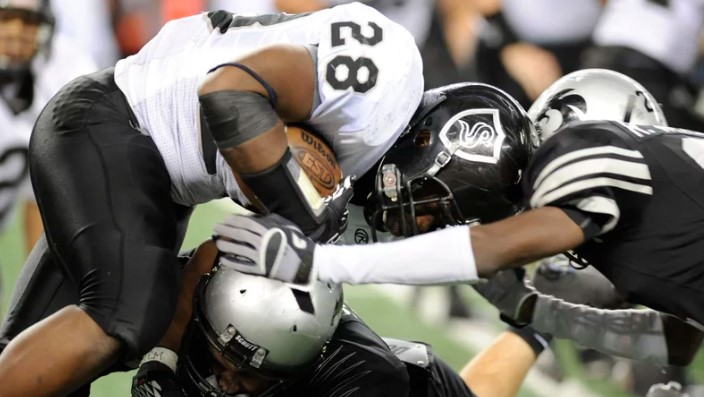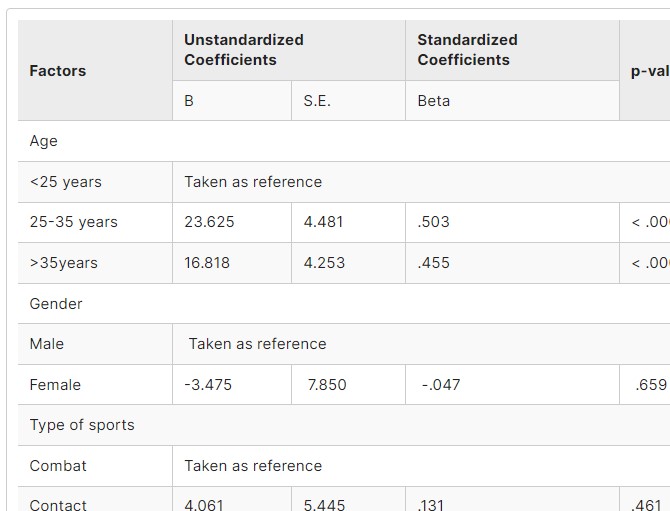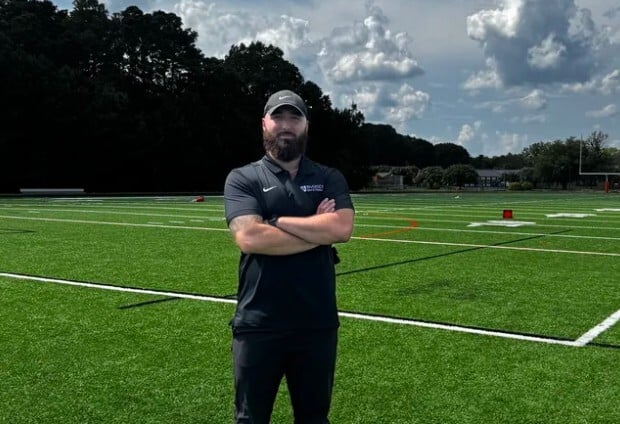Study Finds Brain Works Harder After ACL Surgery, Potentially Slowing Return to Play

New research from Edith Cowan University (ECU) may change how clinicians approach rehabilitation following anterior cruciate ligament (ACL) reconstruction.
 The study, led by ECU Master’s student and Australasian College of Sport and Exercise Medicine Physicians registrar Dr. Colin Sylvester, uncovered surprising brain activity patterns that could influence an athlete’s ability to return to sport.
The study, led by ECU Master’s student and Australasian College of Sport and Exercise Medicine Physicians registrar Dr. Colin Sylvester, uncovered surprising brain activity patterns that could influence an athlete’s ability to return to sport.
“ACL injuries are very prevalent in Australia, and reconstruction is a common intervention,” Dr. Sylvester explained. “However, the injury and surgery can result in arthrogenic muscle inhibition (AMI)—a global dysfunction of the muscles around the knee. One contributing factor is impaired maximal voluntary activation, which affects an athlete’s ability to fully activate their muscles.”
The study, published in Sports Medicine and Health Science, used brain stimulation testing before and after surgery to examine neural pathways from the brain to the muscles.
“Our research found that the connection from the brain to the muscles wasn’t significantly different after surgery,” Dr. Sylvester said. “But inhibition and facilitation pathways within the brain that influence that connection were both much more active post-surgery.”
This means the brain is “working a lot harder” after ACL surgery—potentially contributing to the deficits athletes experience during recovery.
“For athletes, the inability to fully activate their muscles can impact how quickly and effectively they can return to the level of sport or fitness they had prior to injury,” Dr. Sylvester noted.
While the findings are still preliminary, Dr. Sylvester emphasized the importance of quality rehabilitation.
“The general advice is to ensure that you’re working with a physical therapist who understands ACL injuries and the progression of recovery,” he said.
The study opens new avenues for understanding how brain activity influences physical recovery after major sports injuries. Check out the full article here!
![HR Logo [Recovered]_Full Color Vertical-1](https://blog.healthyroster.com/hs-fs/hubfs/HR%20Logo%20%5BRecovered%5D_Full%20Color%20Vertical-1.png?width=199&height=178&name=HR%20Logo%20%5BRecovered%5D_Full%20Color%20Vertical-1.png)
 By
By


